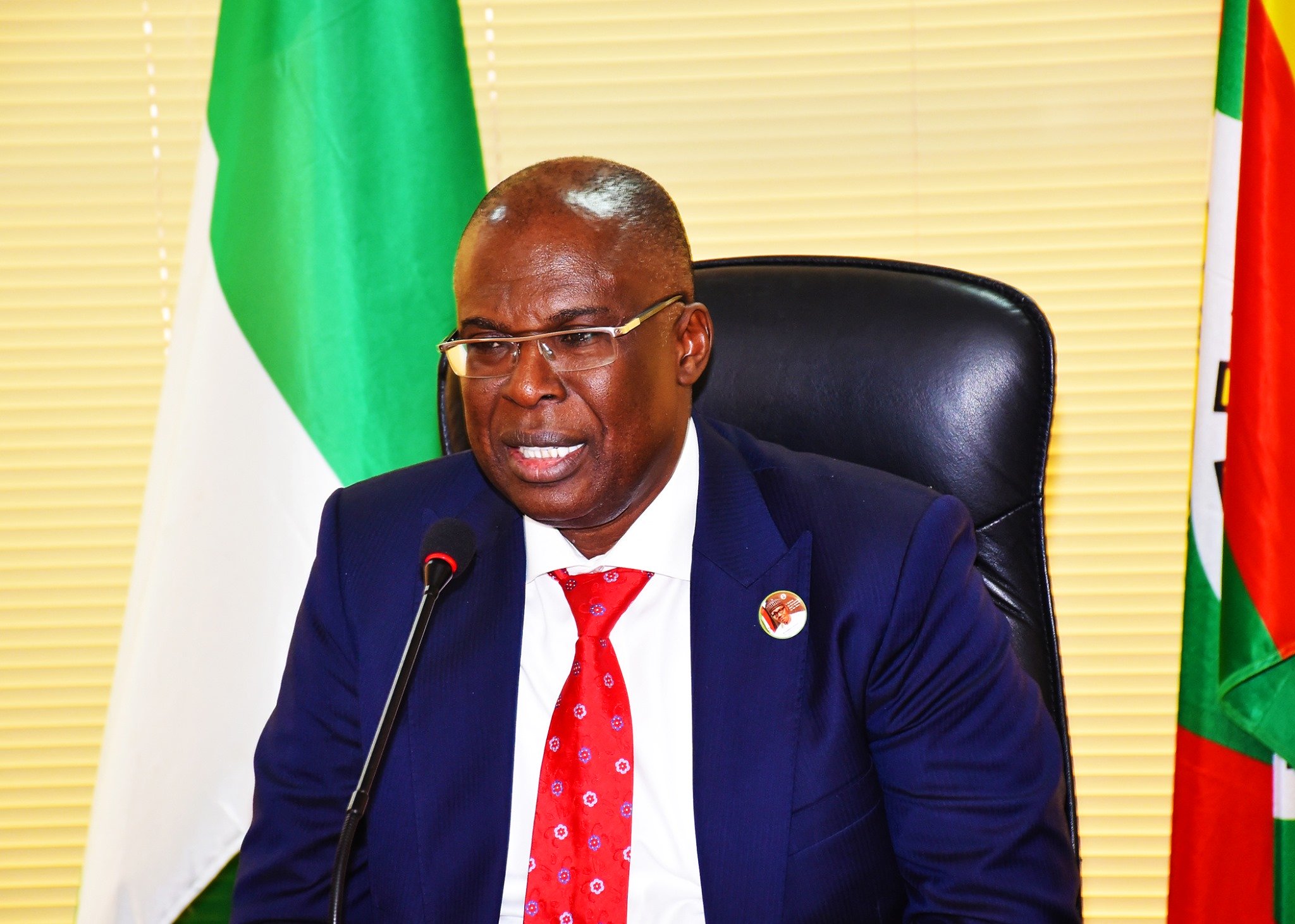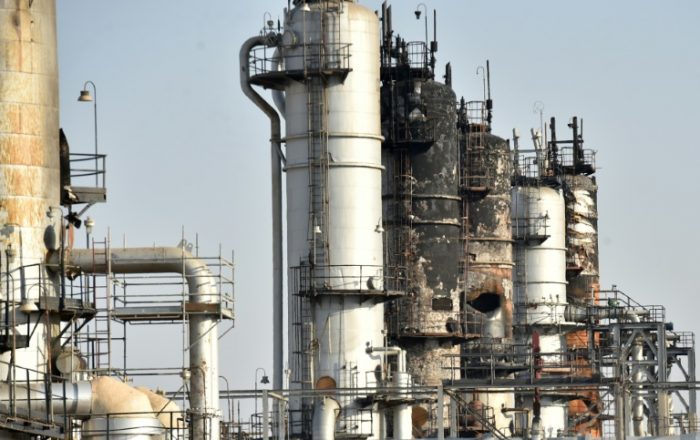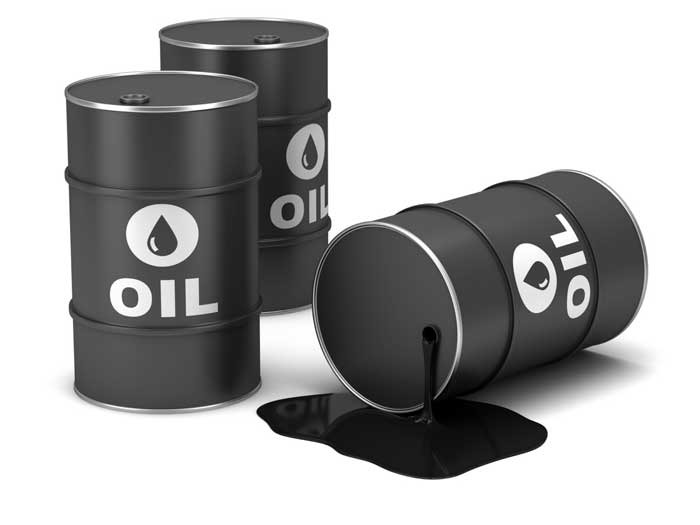The Minister of State for Petroleum Resources, Timipre Sylva, on Monday urged Nigerians to show understanding on the recent increase in the pump price of petrol from N148 to N151.56.
He said the nation’s crude oil production has drop from 2m barrels per day (bpd) to 1.412m bpd.
He said before COVID-19, oil prices were in the territory of over $60 per barrel but they have fallen to more, than $45 per barrel.
He admitted that Nigeria was going through a crisis and it was time to adjust.
Sylva, who spoke at a joint briefing with the Minister of Information and Culture, Alh. Lai Mohammed and the Minister of Power, Mr. Saleh Mamman in Abuja, said successive governments had tried to handle the removal of subsidy without success.
He said the removal of subsidy was done in national interest.
He said: “At this stage we are here for a very specific reason to explain why the pump prices are going up.
“Please let us be realistic as Nigerians. If you have a situation where you have lost 60 per cent of your national income due to no fault of yours, because in the whole world nobody prepared for COVID-19.
“COVID-19 happened and immediately eroded demand for our most important product, which is crude oil.
“Demand for crude oil completely dropped because all countries in the world were on lockdown at the same time.
“I mean, that is very easy for all of us to understand. If every country was on lockdown then, no country was really functioning at the time. So there was no demand for crude oil.
“All the refineries were shut down. The price of crude oil, of course dropped to zero level. In some countries, it even dropped to the negative territory.
“That means we were even paying people to come and take crude oil so that, at least, you can continue to produce. In that kind of situation, its earnings dropped drastically as a country.
“Now, we had to adjust our production because OPEC said the only way to shore up crude oil prices was to cut production and we cut down our production to 1.412m bpd.
“You know that this country has been producing two million barrels per day (2mbpd) for a long time.
“If you drop that production to as low as 1.412mbpd, it becomes a big drop and of course, the prices still did not go up to where we expected the prices to be.
“Before the COVID-19, prices were in the territory of over $60 per barrel. Today, in spite of all the cut, we have not been able to achieve more than $45 per barrel.”
Sylva said since there was a crisis at hand, the Federal Government wants Nigerians to show some understanding.
He added: “So, you can see that there is a crisis here. How do we adjust our situation? One of the problems successive governments have been trying to handle is this issue of subsidy.
“If every government has been trying to achieve this, then, you know that it is in the national interest for us to achieve it. At one point, we must achieve it.
“We have got to that point now and we call for understanding so that as a country, all of us should hold hands together and ensure that we achieve this policy direction because it is in the best interest of the life of the economy and all of us in the long run.”



